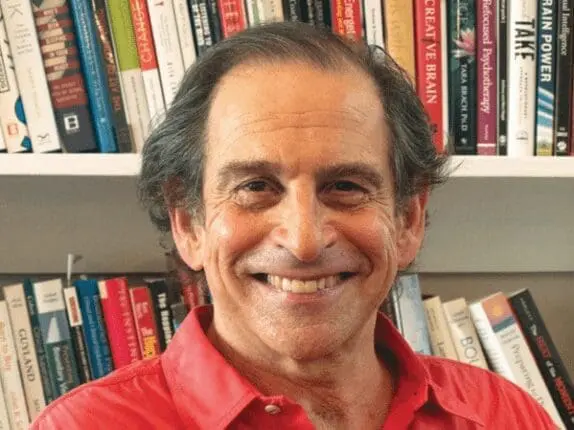We begin with a first-person piece by therapist William Doherty on his summer bus trip across a sizable swath of the country to try to get Blue and Red voters to talk with each other—or rather, to listen to each other. In the process, Doherty was forced to confront the limits of his own tolerance for difference—a turning point that allowed the fragile project to stay on course. In “High Lonesome,” psychology researcher Brené Brown takes on a little-discussed topic—the connection between our current hyper-partisanship and the growing epidemic of loneliness in a country in which people have increasingly sorted themselves into like-minded political and social groups. Finally, in a prophetic article written for the Networker 10 years ago, Michael Ventura describes the need for therapists to broaden their psychological perspective if they’re to grasp how the power of group identity is transforming our very idea of America.
Here at the Networker, we by no means think we have solutions to the bitter polarization that marks our country today. What we’re hoping to do is open up a conversation among therapists about the nature of our national rupture and the multiple, interacting factors that may be causing it. If we better understand the roots of the rift, we may have at least a fighting chance to devise strategies to try to soften the divisions, whether they show up in our families, our towns, or our therapy offices. On a good day, we might even promote some mutual understanding. We’re still likely to remain deeply upset by the cracks in our social contract, and how could we not be? But as Leonard Cohen famously wrote, “There is a crack in everything. . . . That’s how the light gets in.”
Rich Simon
Richard Simon, PhD, founded Psychotherapy Networker and served as the editor for more than 40 years. He received every major magazine industry honor, including the National Magazine Award. Rich passed away November 2020, and we honor his memory and contributions to the field every day.













